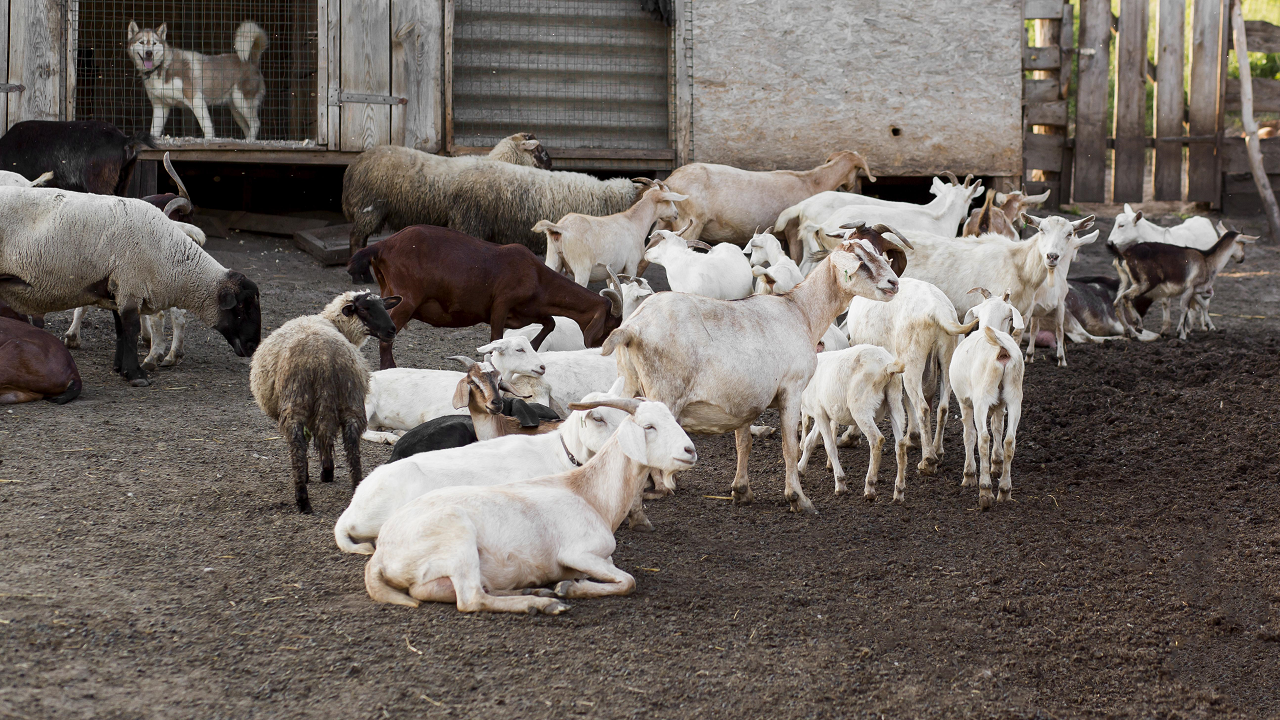
Animal agriculture is a dynamic industry constantly evolving to meet the demands of a changing world. As we navigate the challenges of sustainability, animal welfare, and food security, several prominent trends have emerged in recent years. These trends reflect a growing awareness of the environmental and ethical concerns associated with traditional farming practices, as well as the desire for more innovative and efficient solutions.
Let’s explore the top five current trends in animal agriculture that are reshaping the way we produce and consume animal-derived products. From plant-based alternatives to precision farming technologies, these trends offer a glimpse into the future of this critical industry.
Top 5 Ongoing Trends in Animal Agriculture
1. Livestock Health Management
Farmers use continuous health monitoring to detect infections in their cattle early, increasing the chances of successful treatment. Startups and scaleups are creating technology to simplify disease diagnosis and treatment, helping farmers manage nutrients and milking. Additionally, solutions like estrus and lameness detection, along with face recognition, improve disease diagnosis efficiency. Portable PCR kits are used for on-demand testing to maintain animal health.
2. Farm Automation
Automated farming is effectively tackling pressing problems like increasing food demand and labor shortages, while also enhancing animal productivity and welfare. Startups are developing various solutions, including automated dairy setups, computerized feeding systems, cleaning mechanisms, and incubators. Additionally, farmers are utilizing computerized ventilation and lighting controls to regulate barn conditions. The implementation of robotics in animal farming, such as milking and pusher robots, accelerates agricultural tasks and reduces the need for frequent manual interventions, thus improving livestock management.
3. Artificial Intelligence
AI offers an enhanced understanding of animal behaviours, disease management, and prevention. It also enables the prediction of breeding cycles and the prevention of unfavourable livestock behavior through AI-powered digital twins. Additionally, AI helps in constructing energy-efficient housing for farms and facilitates the interpretation of animal sounds using translation algorithms for their well-being. Startups are leveraging AI and machine learning to enhance big data and analytics processes in livestock management. These solutions gather data at both the individual animal and farm levels to enhance product quality, animal health, and overall management practices.
4. Animal Breeding Technologies
Farmers employ advanced animal breeding technology to identify and maintain the healthiest and most productive animals for a high-quality herd. Various techniques, such as sex selection, embryo cultivation, parthenogenesis, and gene transfer, help optimize resource utilization. DNA marker technology enhances the occurrence of desirable traits in future generations of farm animals and simplifies parentage testing through DNA profiling. Additionally, technologies like embryo transfer and in vitro fertilization (IVF) expedite genetic progress within a single generation, a process that would typically require five generations using traditional breeding methods.
5. Precision Livestock Farming
Precision livestock farming (PLF) primarily aims to enhance animal welfare and reduce environmental impacts. These systems are termed complex, individual, and time-variant (CIT) due to the unique responses of each species to their environment. PLF involves real-time monitoring of livestock to help farmers gain insights into their well-being and take timely actions. Startups are developing technologies that monitor and log various aspects of livestock, including behavior, weight, food and water consumption, temperature, and respiration rate. This allows for the identification and correction of deviations from normal processes.
The evolving landscape of animal agriculture is a testament to our adaptability and commitment to addressing pressing global issues. As we embrace plant-based alternatives, invest in precision farming technologies, and prioritize animal welfare, we are taking significant steps towards a more sustainable and ethical future for animal agriculture. These trends not only reflect our growing awareness of the challenges we face but also our determination to find innovative solutions.









